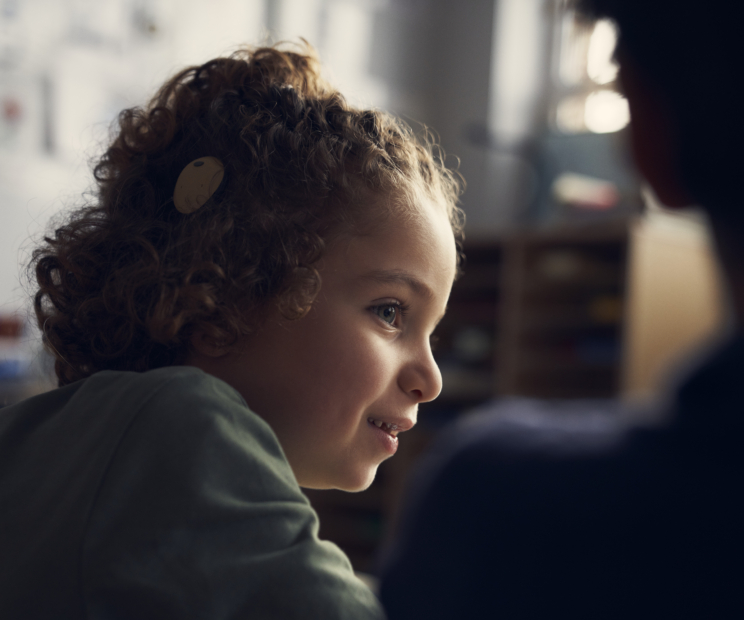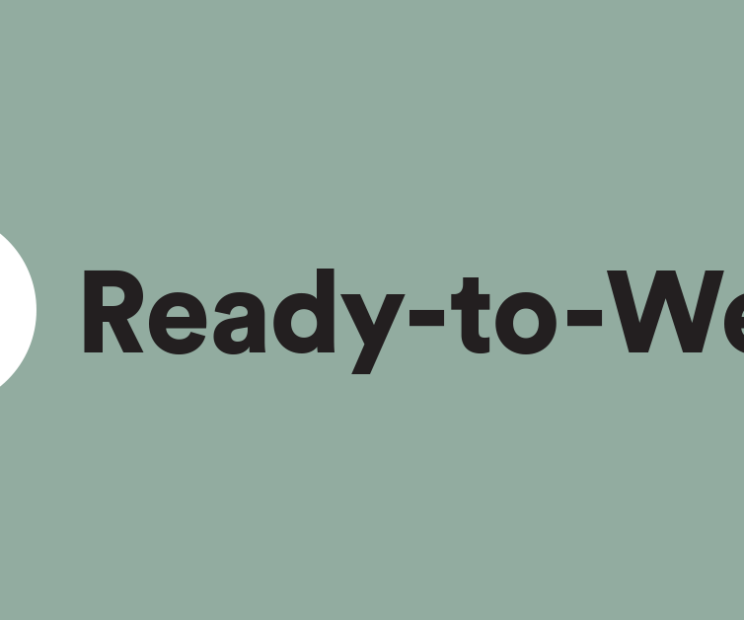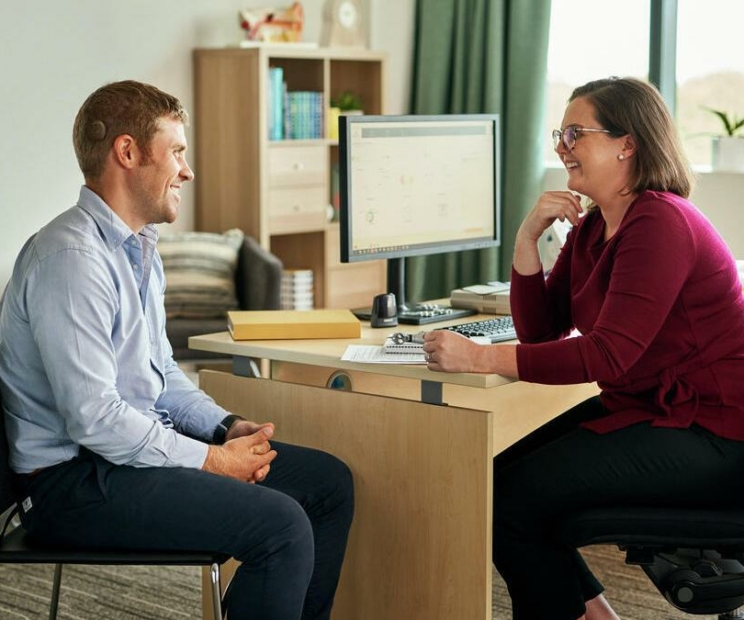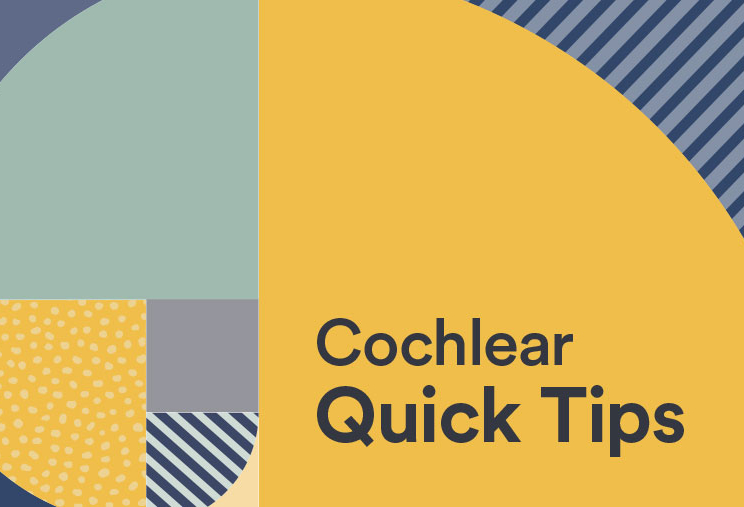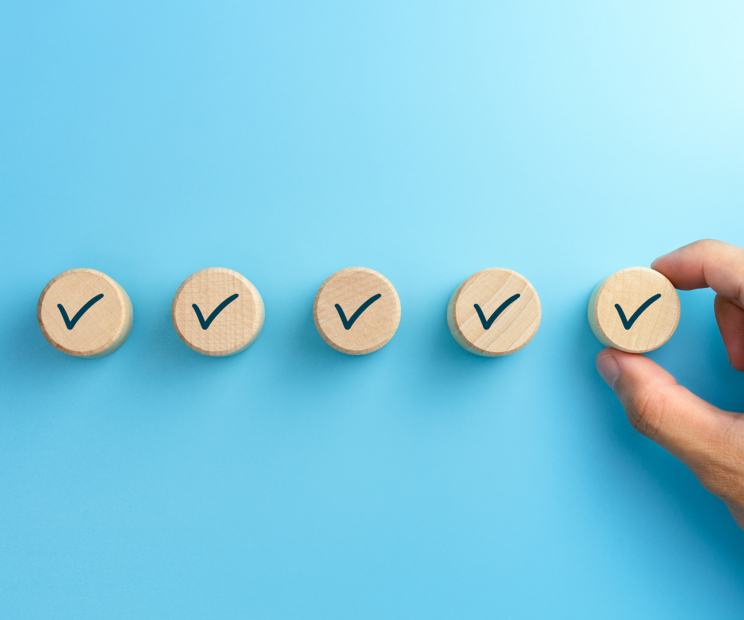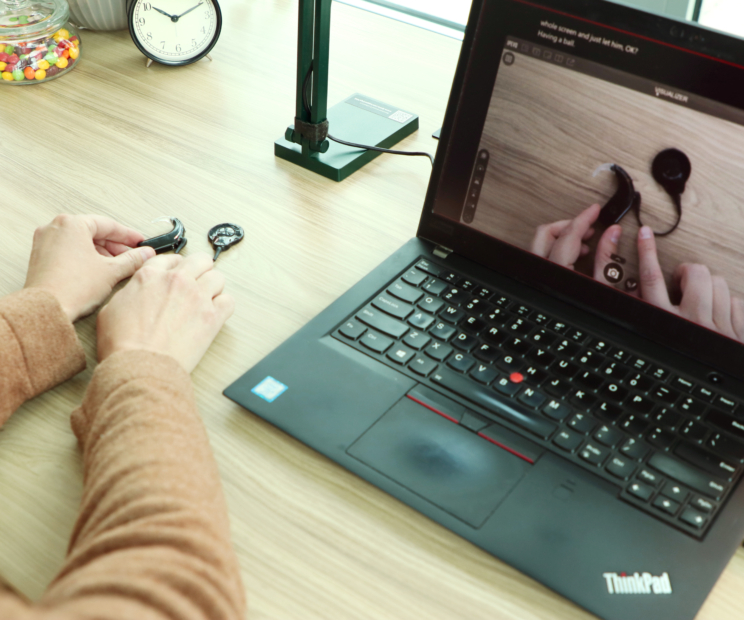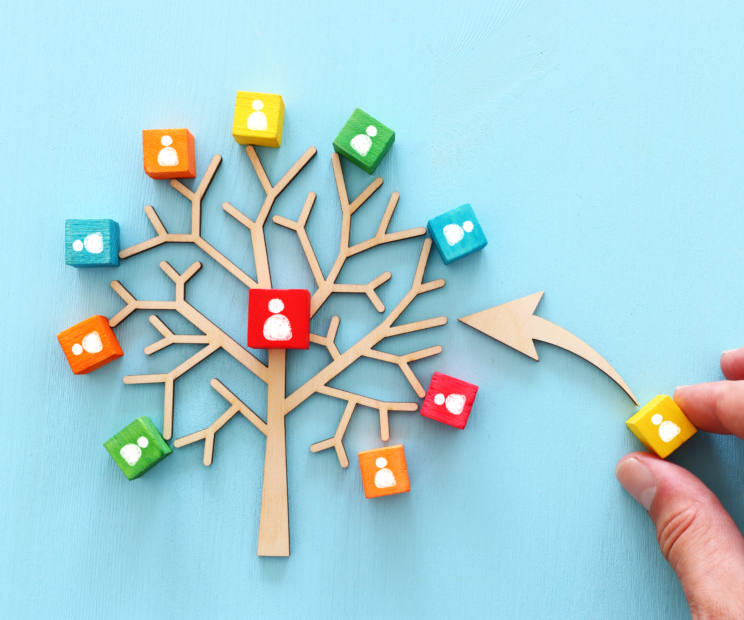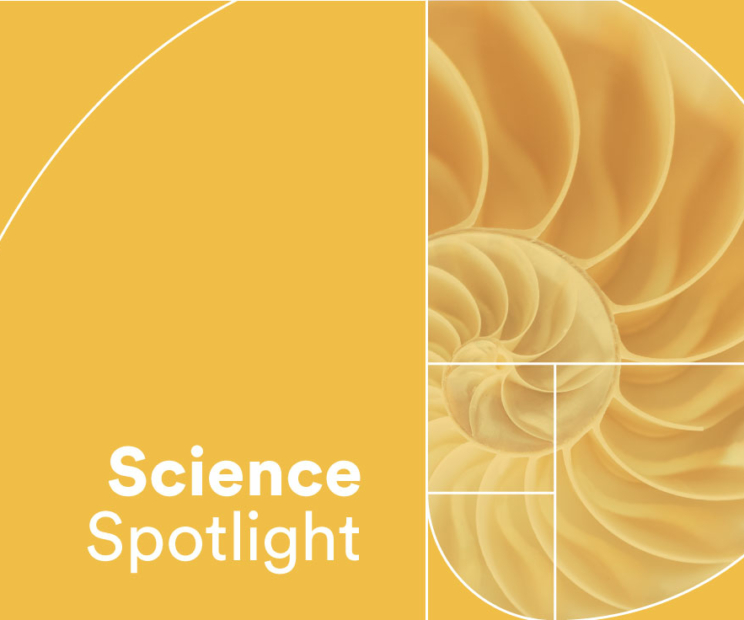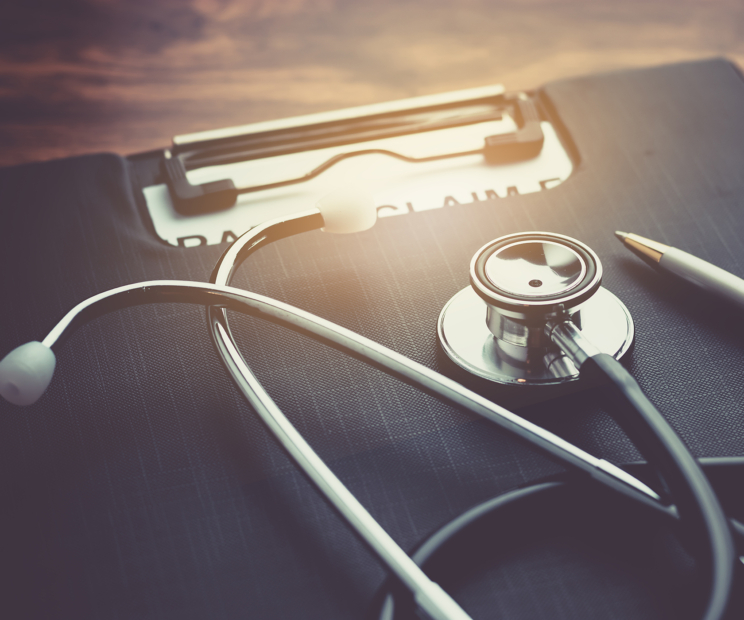Welcome to Cochlear ProNews, your source for professional news that allows you to stay up to date on the latest research and hot topics in the hearing industry. Content includes surgical insights, clinical conversations, AudiologyOnline opportunities and peer-to-peer material. Also, don’t miss out on important information about our services and products such as the Nucleus® 8, Kanso® 2, Baha® 6 Max and Osia® Sound Processors. Subscribe now!
Featured posts
Leading experts establish best practice for treating single-sided deafness
Most adults with only one normal hearing ear report challenges in some environments. These reports vary from occasional difficulty listening in noise to significant struggles that impact relationships and employment. For many years, medical professionals believed that unilateral hearing loss (UHL)/single sided deafness (SSD) was a condition that did not require any intervention. Recent clinical studies demonstrate that treating single sided deafness […]
New Medicare Coverage Indications for Cochlear Implants: What changed and what does it mean for Medicare Beneficiaries?
On September 26, 2022, CMS published a Decision Memorandum detailing changes in cochlear implantation coverage for Medicare beneficiaries. The policy change reflects an expansion of coverage under National Coverage Determination (NCD) 50.3 by which Medicare beneficiaries will be eligible for coverage at a level of hearing loss more closely aligned with FDA indications than prior to the changes. The changes to the […]
FDA approves Cochlear’s Nucleus 8 Sound Processor, smaller, smarter, better connected cochlear implant technology
The Nucleus 8 Sound Processor is the world’s first cochlear implant sound processor ready for Bluetooth LE Audio technology Lone Tree, Colo. (November 1, 2022) — Cochlear Limited (ASX: COH), the global leader in implantable hearing solutions, receives U.S. Food and Drug Administration (FDA) approval for the CochlearTM Nucleus® 8 Sound Processor. The Nucleus 8 Sound Processor is now the smallest and lightest […]
All posts
Cochlear receives FDA clearance to lower the age for the Osia® System to 5 years old
Lone Tree, Colo. (April 19, 2024) – Cochlear Limited (ASX: COH), the global leader in implantable hearing solutions, obtained U.S. […]
We can’t wait to see you at AAA 2024!
The landscape of hearing healthcare is changing and audiologists can shape the future of patient care. Audiologists play the vital […]
Ready-to-Wear Cochlear™ Sound Processor Upgrades
Patients can choose to have their Cochlear Nucleus® or Kanso® Sound Processor upgrade shipped Ready-to-Wear so they can wear it right out of the box.
How Cochlear Implant Care is Changing
The number of cochlear implant (CI) candidates continues to grow due to expanding indications and an aging population. However, despite […]
Quick Tips: MRI Resources
Welcome to Cochlear Quick Tips. These Quick Tips are intended to give you “bite-sized” information that can be used when […]
New Codes for AOI Fitting Services: Five Steps to Prepare for 2024
Effective January 1, 2024, audiologists who program auditory osseointegrated implant (AOI) devices will have two newly established Current Procedural Terminology […]
Fostering patient self-managed care and device confidence with Cochlear Recipient Solutions
By Elizabeth Sweet, Au.D, University of Pennsylvania Health System, Perelman Center for Advanced Medicine With more candidates being referred for […]
2023 Connected Care and Service Report
Whether you are new to working with Cochlear or have been a Cochlear professional partner for years, this document is […]
Quick Tips: Bimodal Fitting Flow
Welcome to Cochlear™ Quick Tips. The purpose behind Quick Tips is to give you “bite-sized” information that you can use […]
Clinical Recommendations for Effective Electric-Acoustic Stimulation Treatment for Patients with Severe High-Frequency Hearing Loss
Clinical White Paper In October 2022, Cochlear’s Clinical Team hosted a customer workshop, “Considerations for Effective Treatment of Severe High-Frequency […]
Quick Tips: Cochlear Nucleus Depth Gauges
Welcome to Cochlear™ Quick Tips. The purpose behind Quick Tips is to give you “bite-sized” information that you can use […]
CMS Issues CY2024 Physician Fee Schedule Proposed Rule: New Codes for Audiology Services Related to Bone Conduction Implants
On July 13, 2023, the Centers for Medicare & Medicaid Services (CMS) issued a proposed rule that announces and solicits […]

